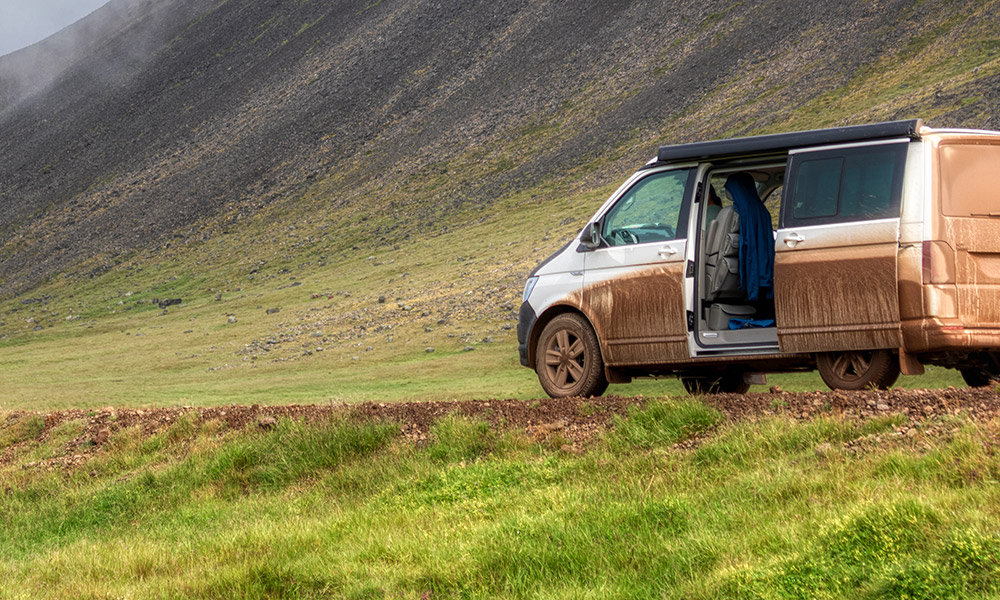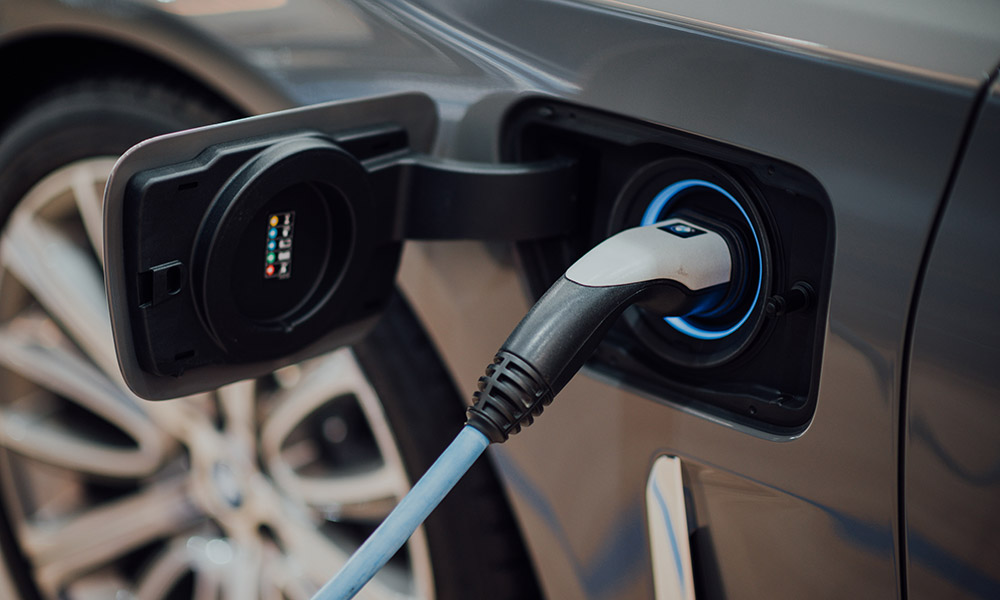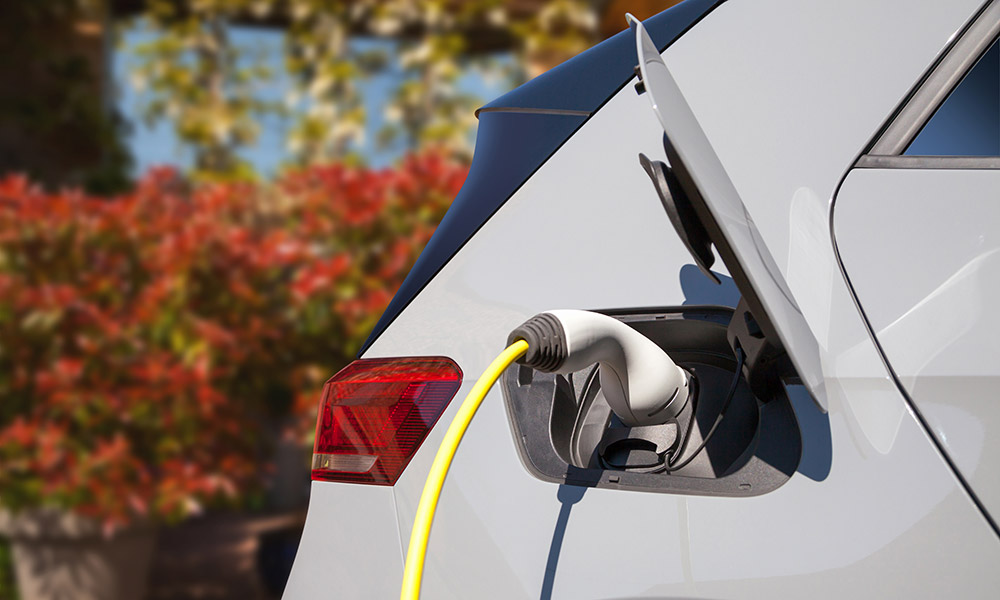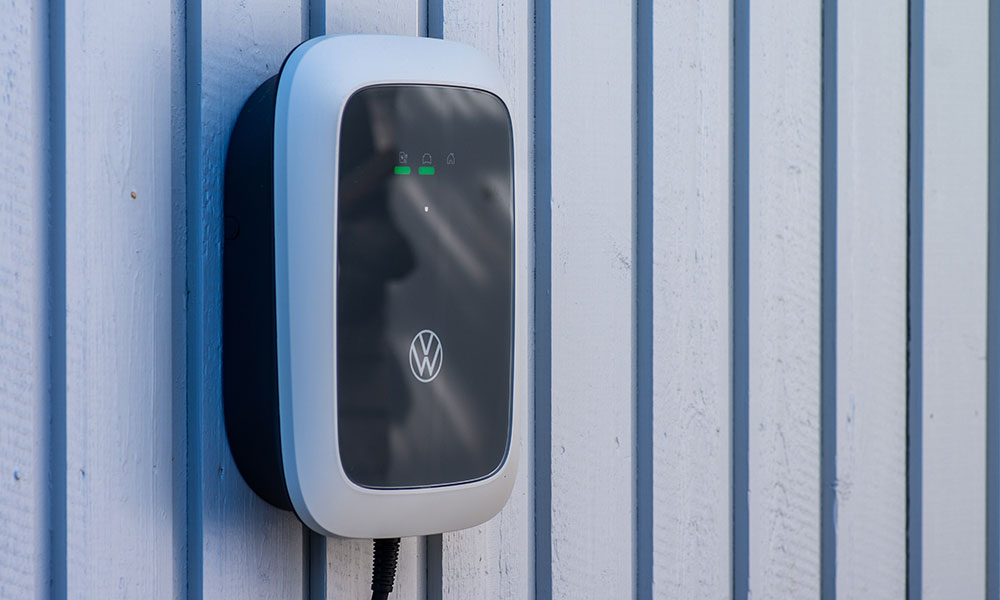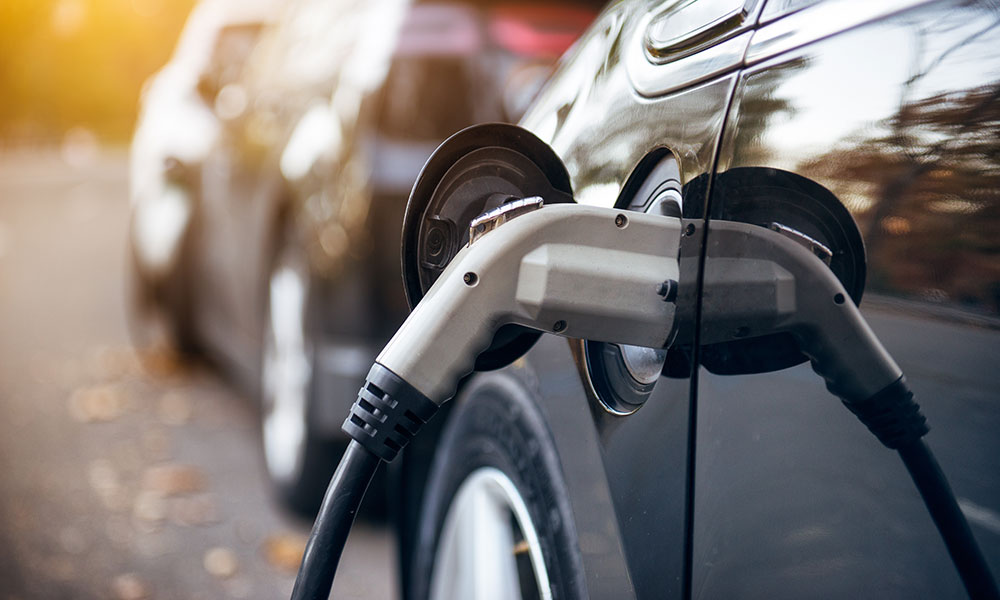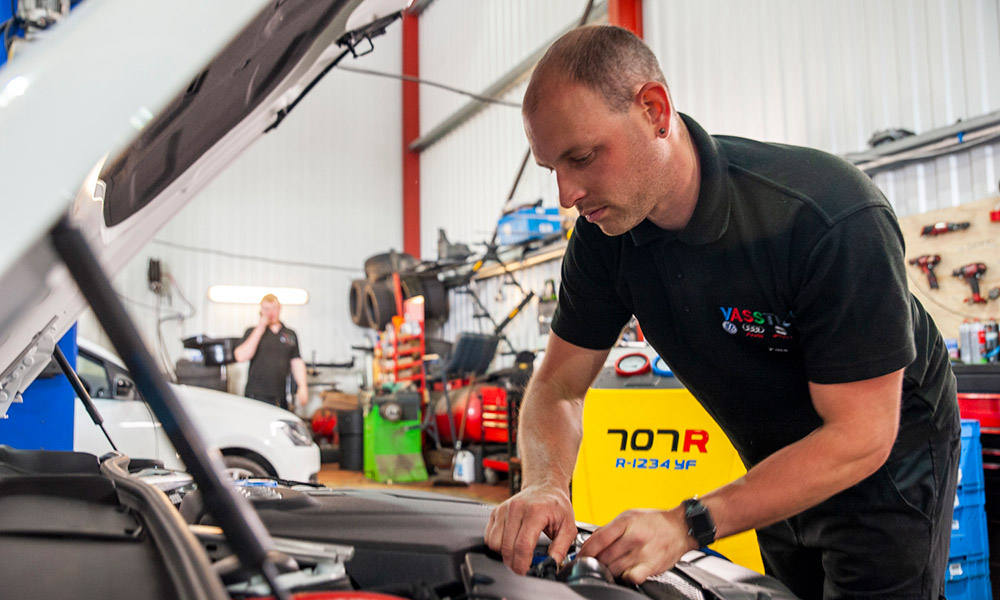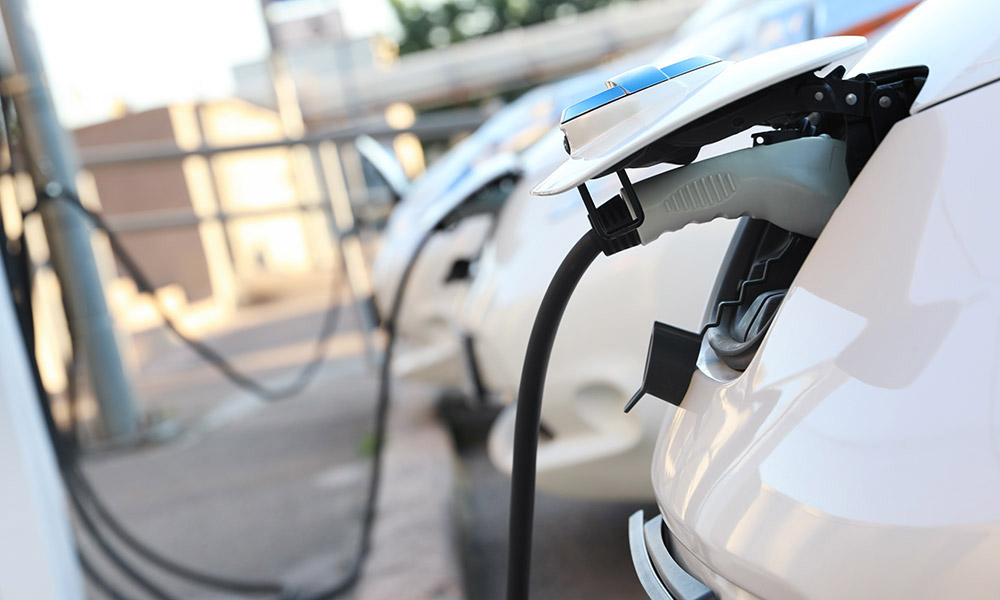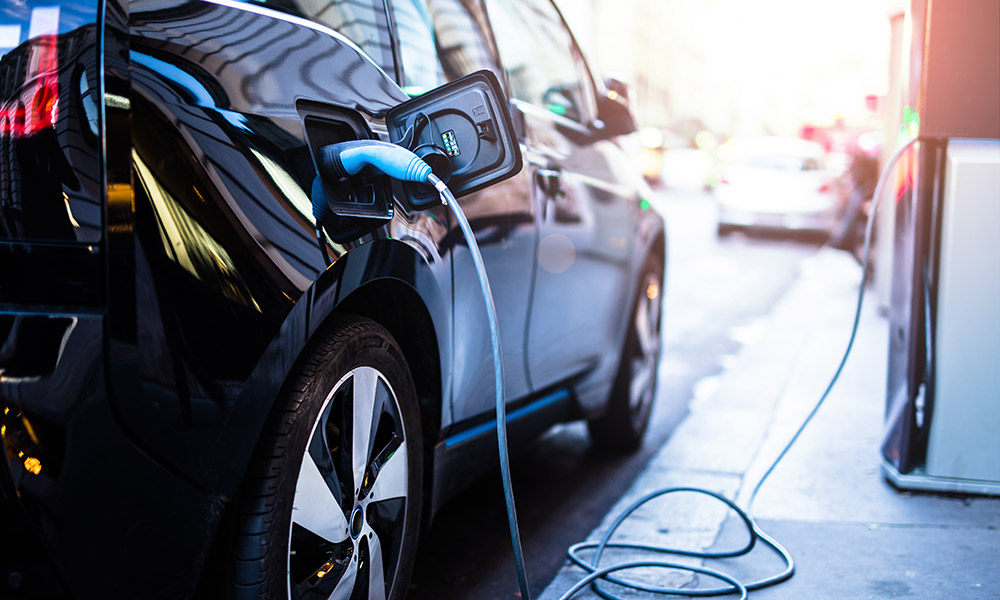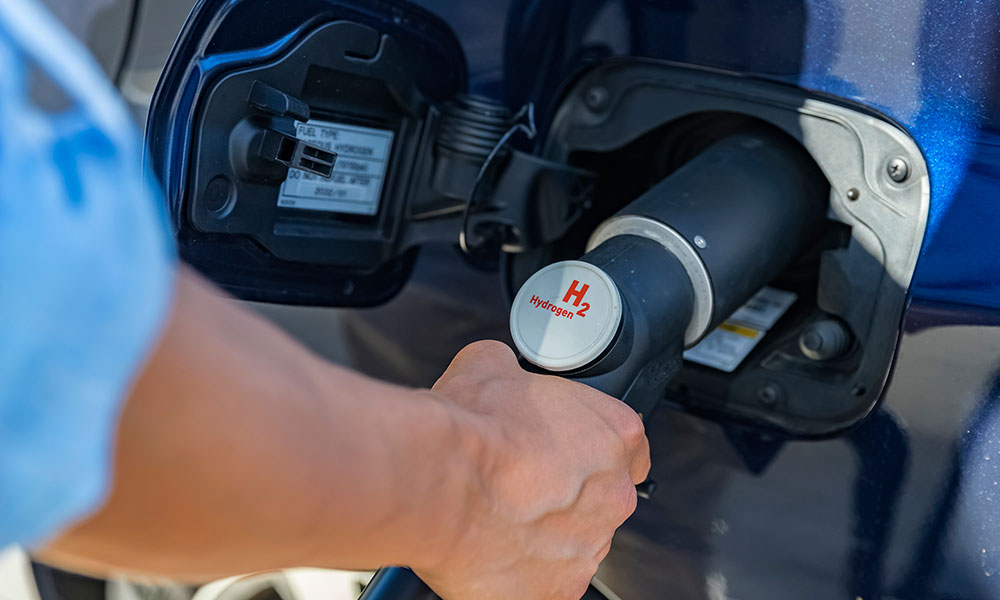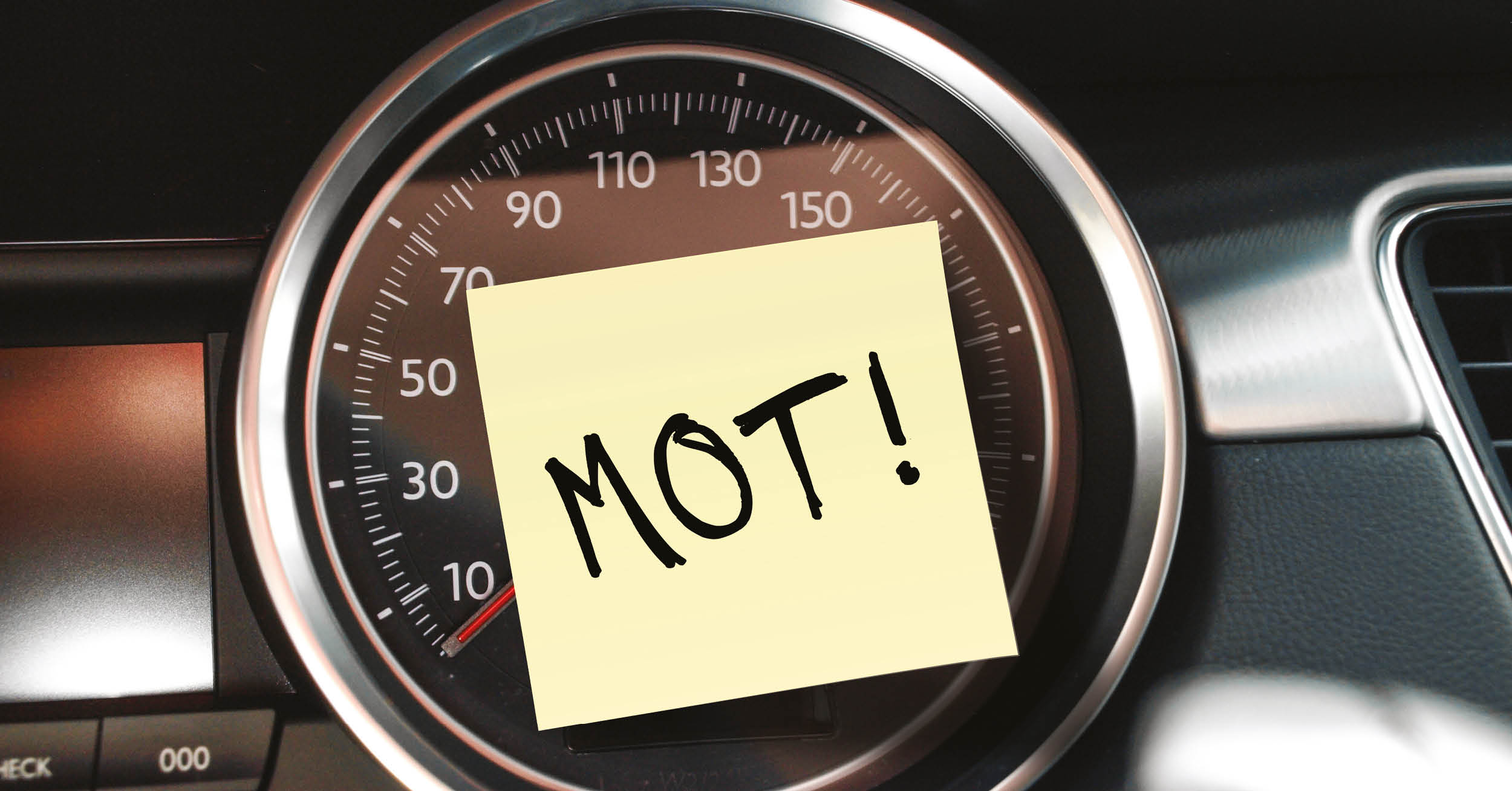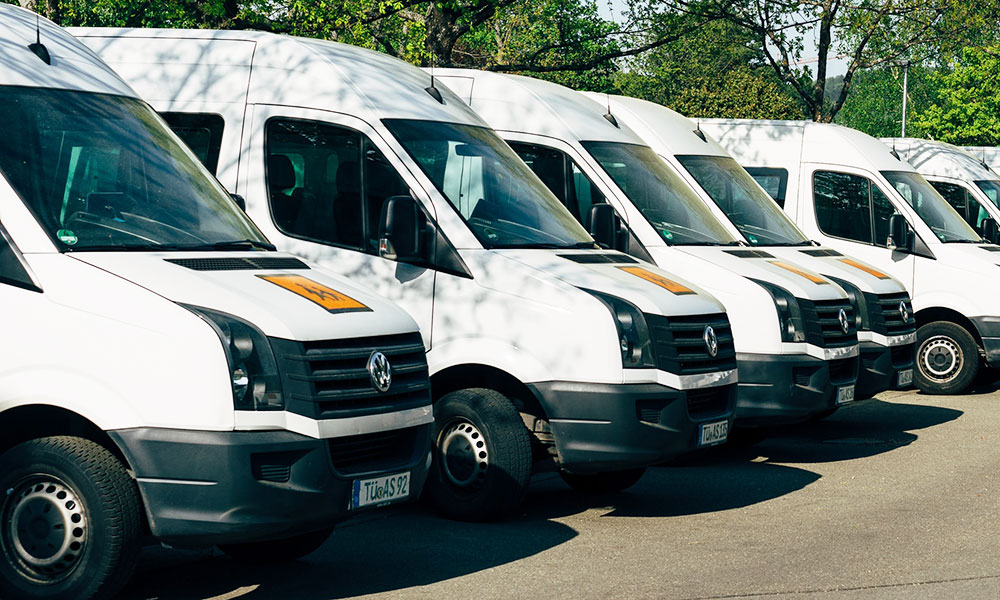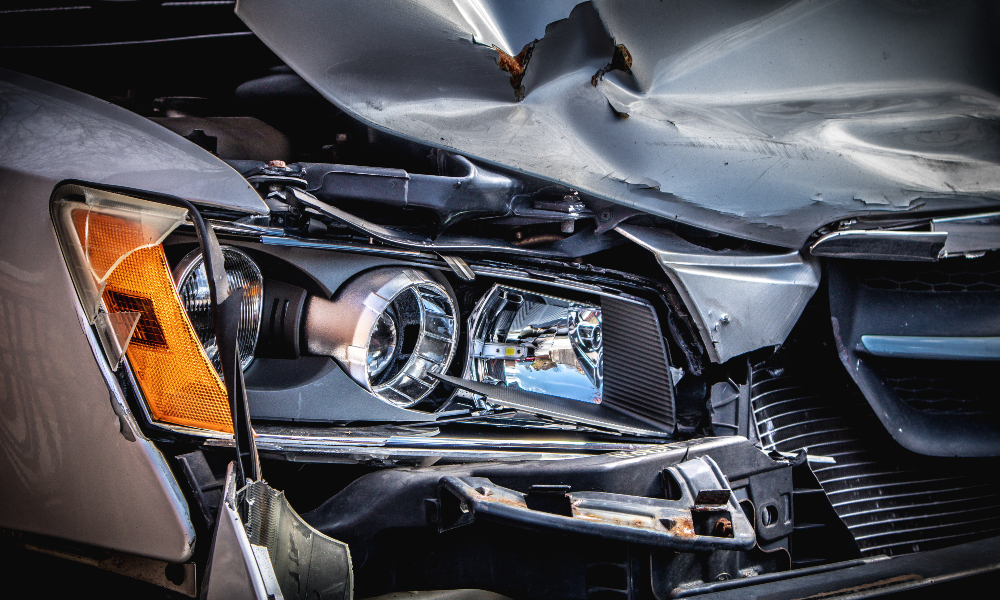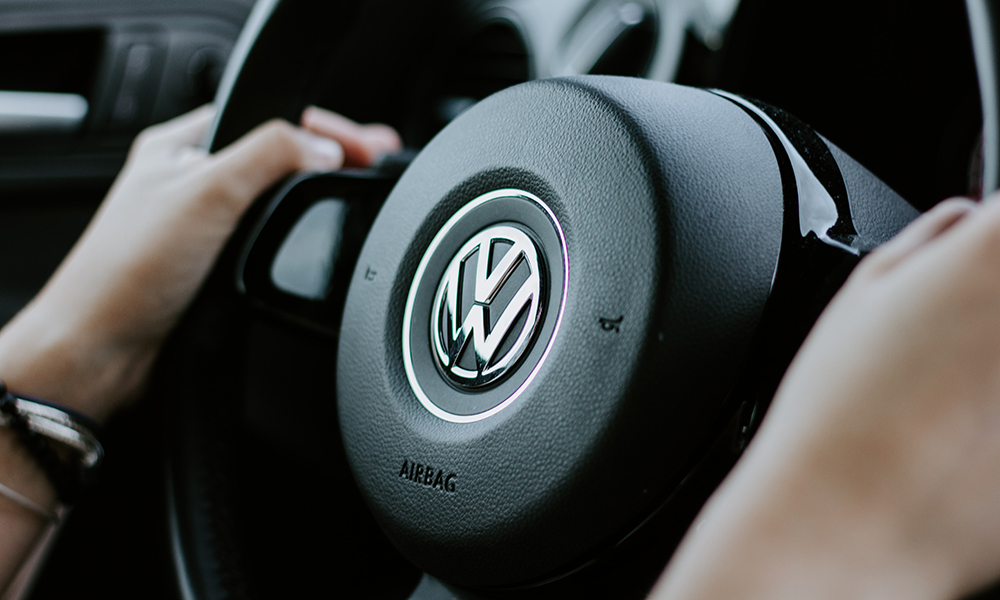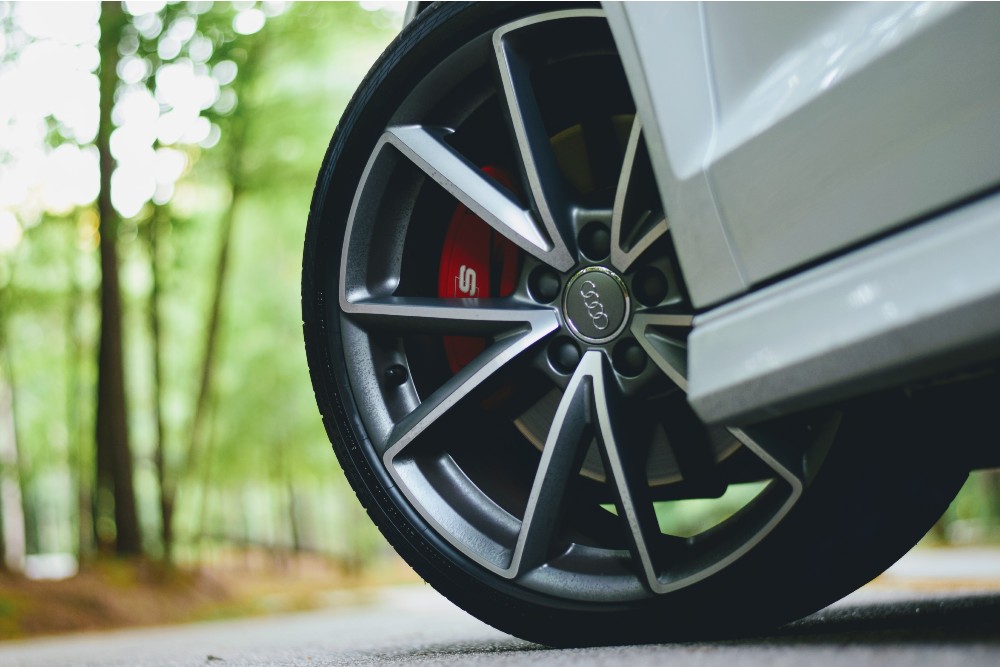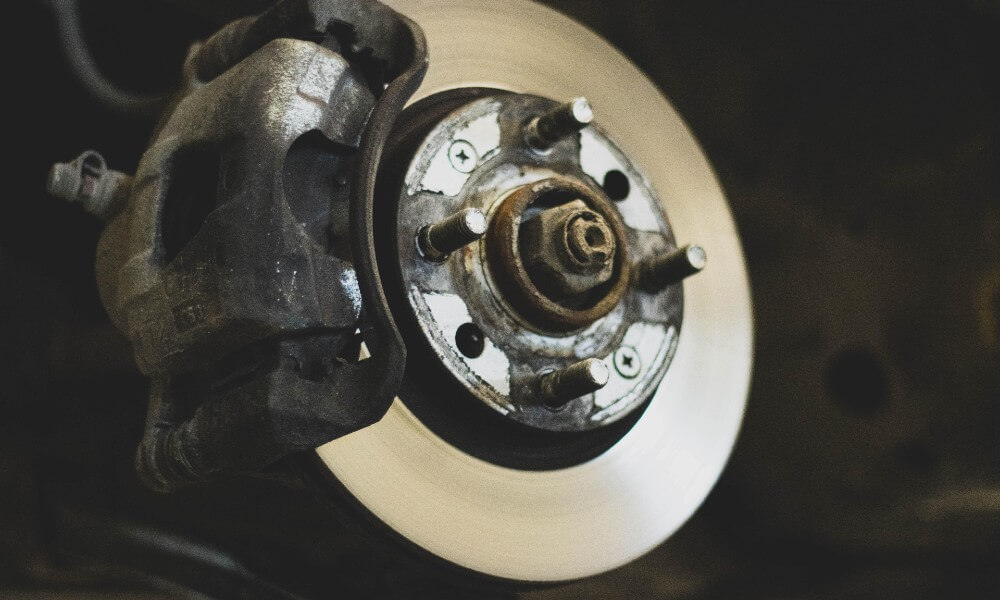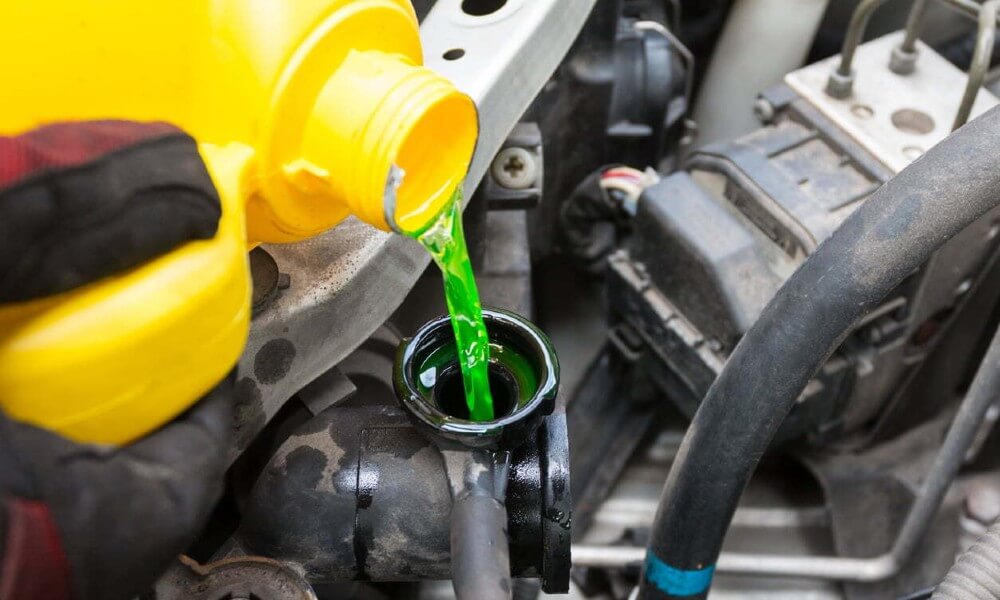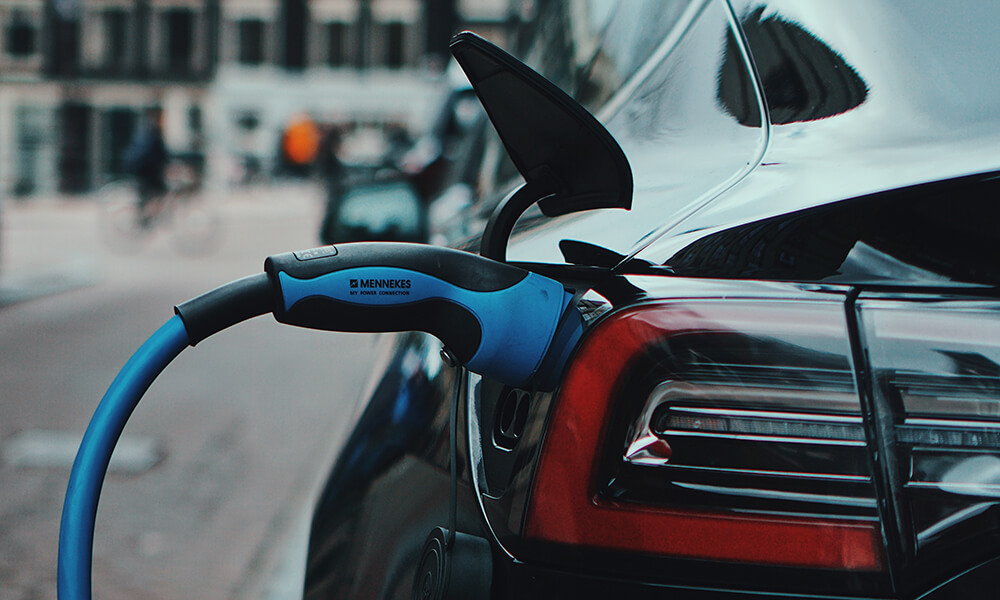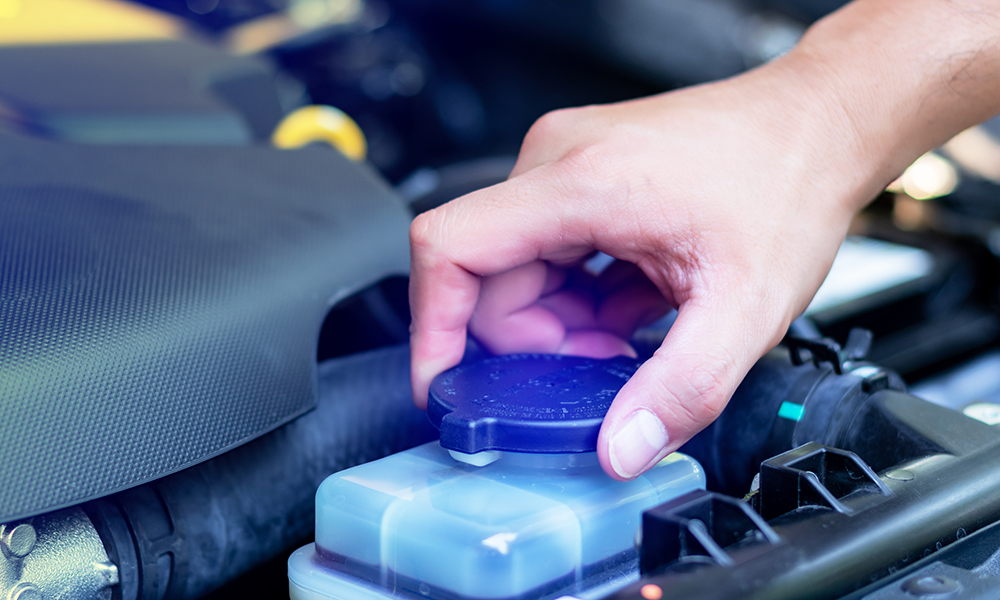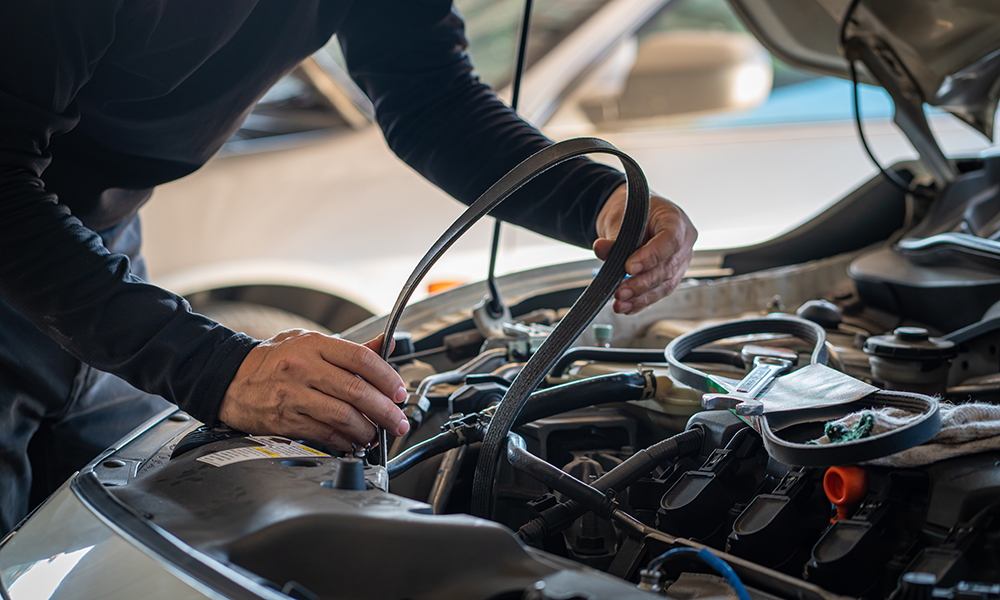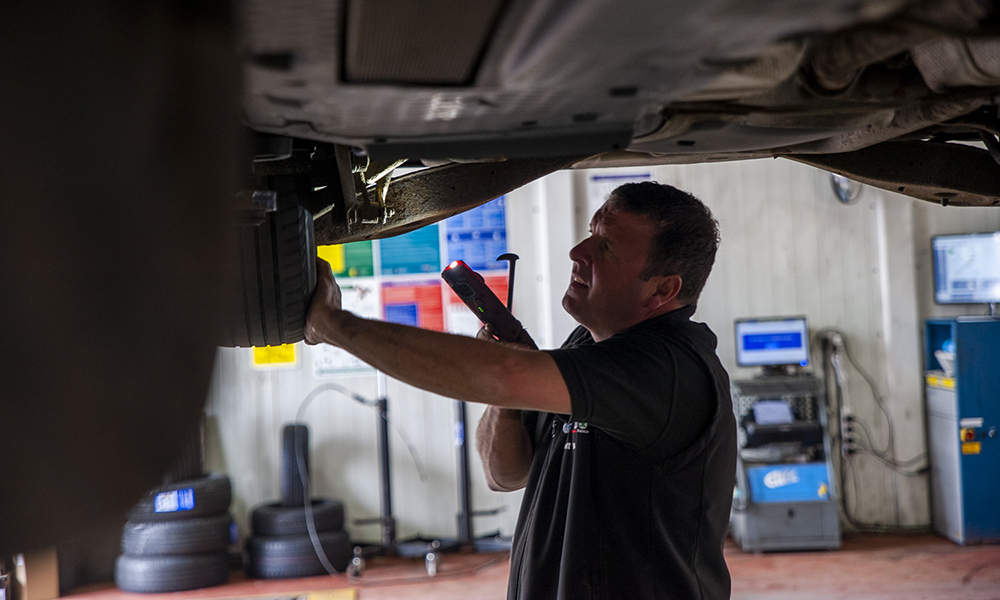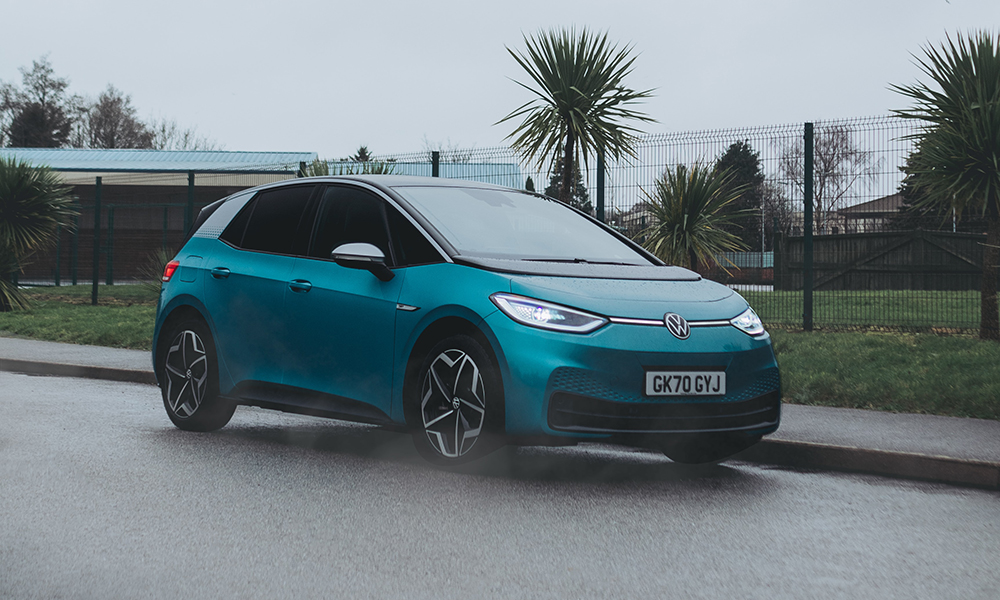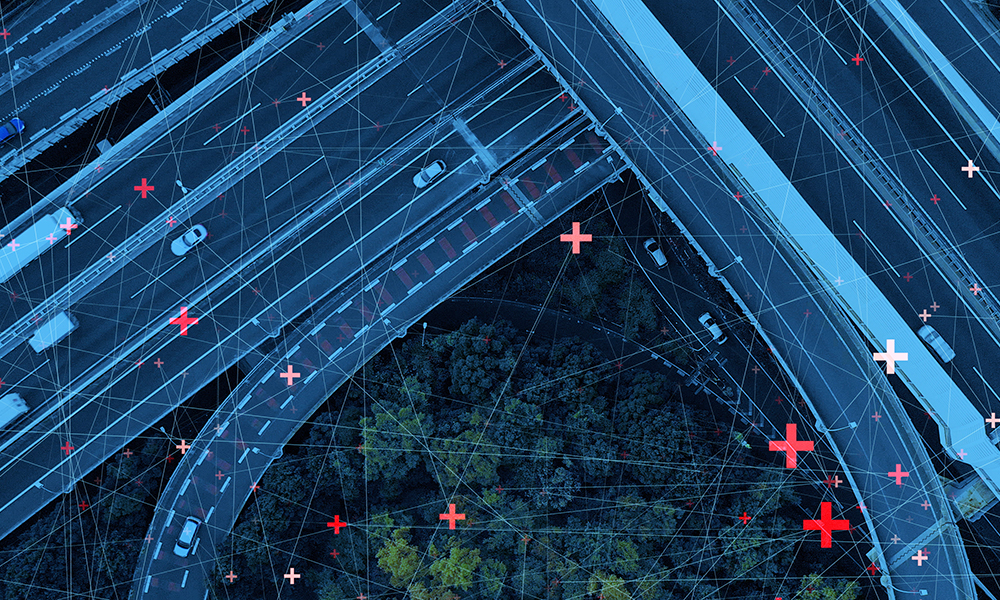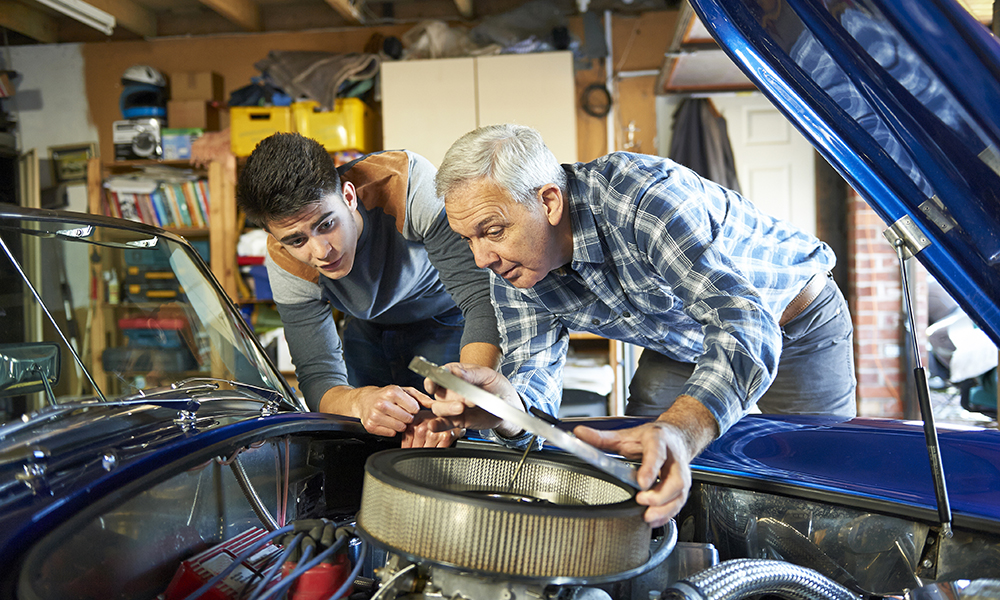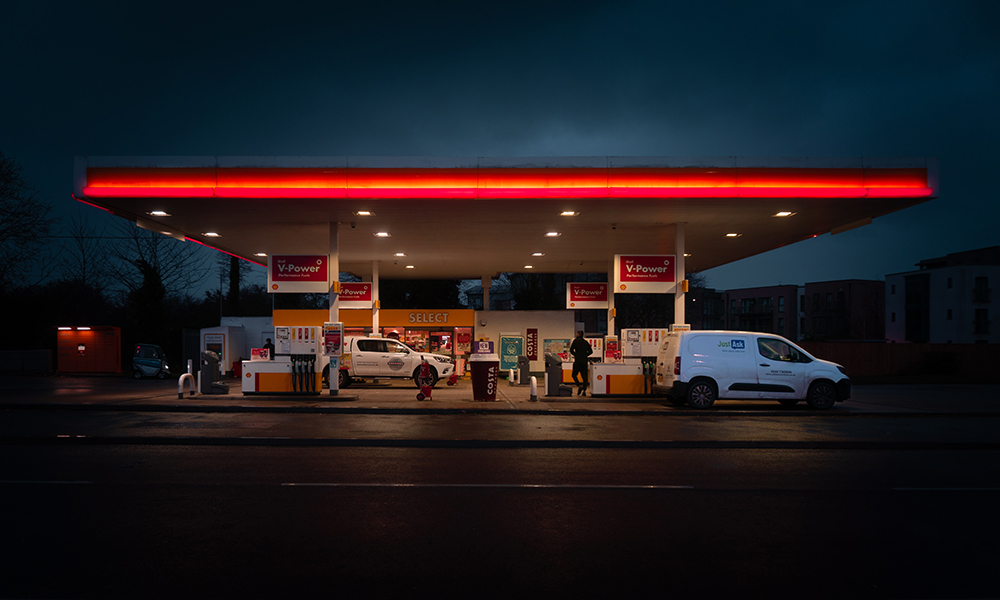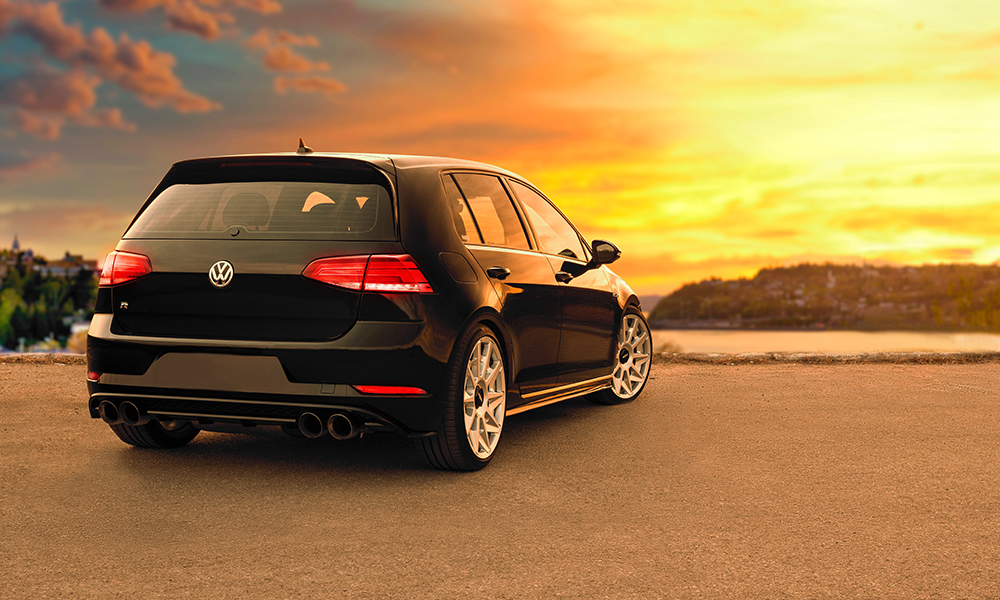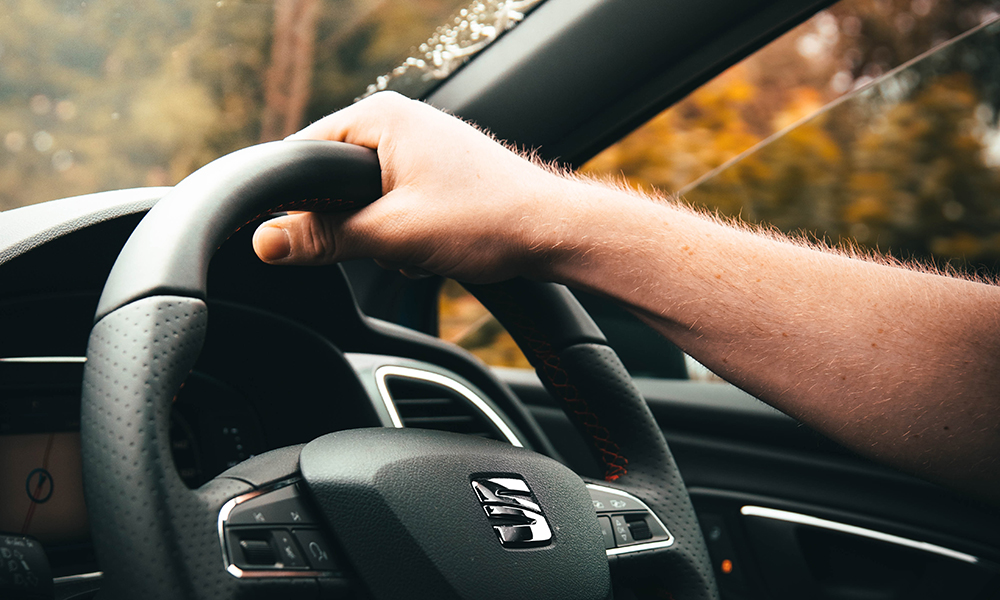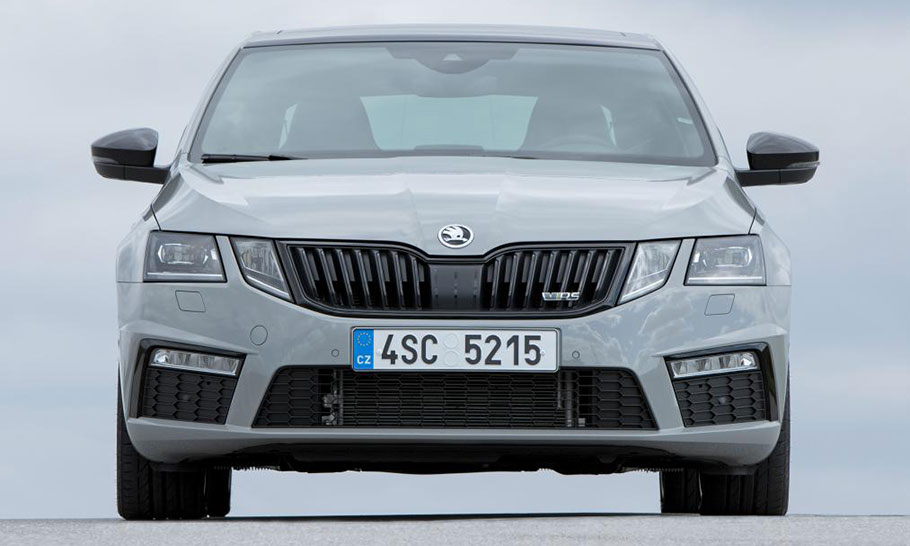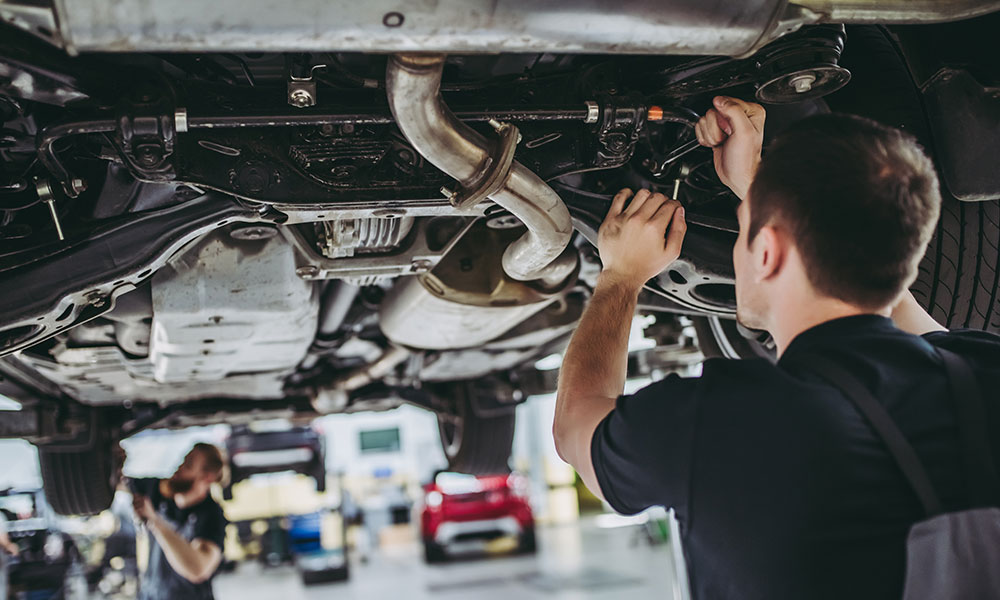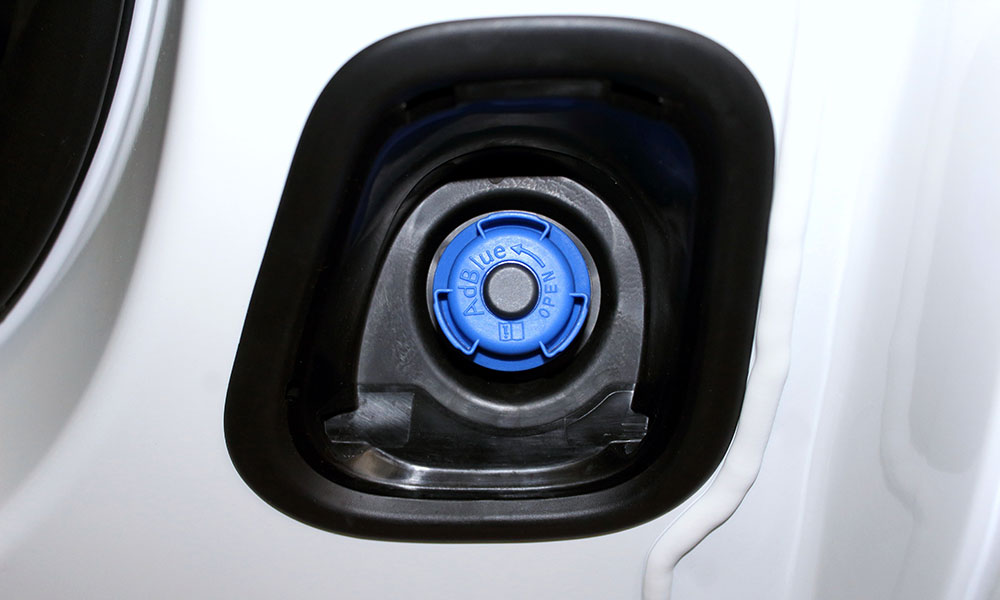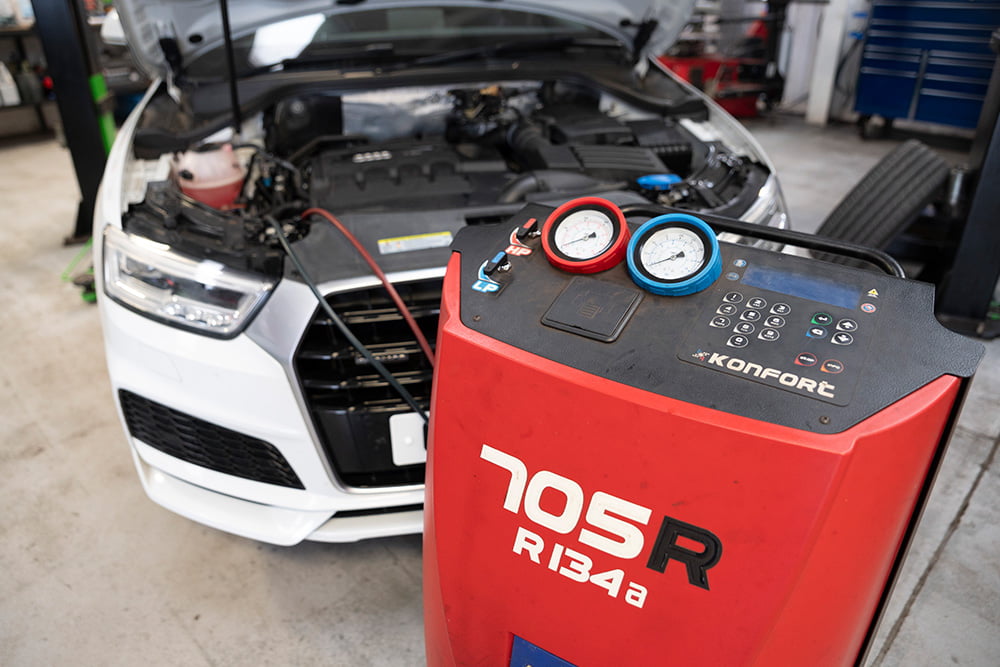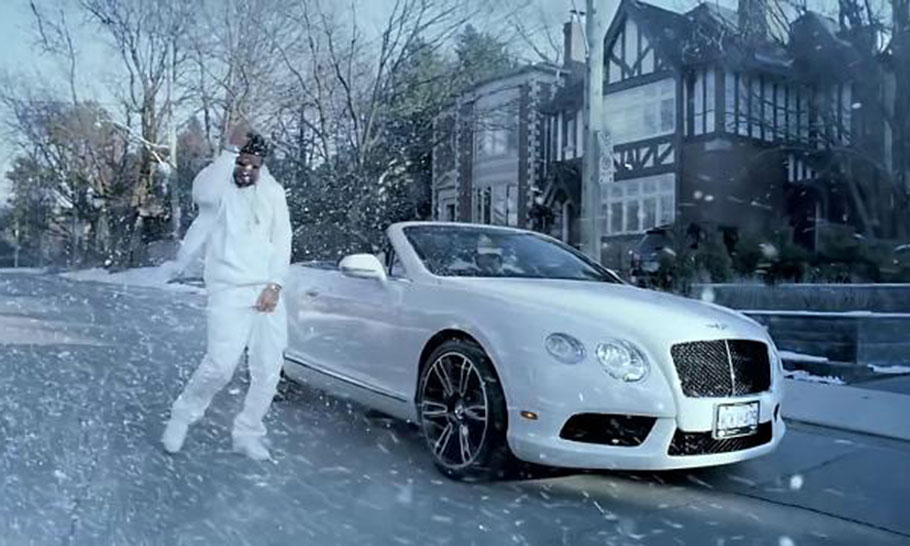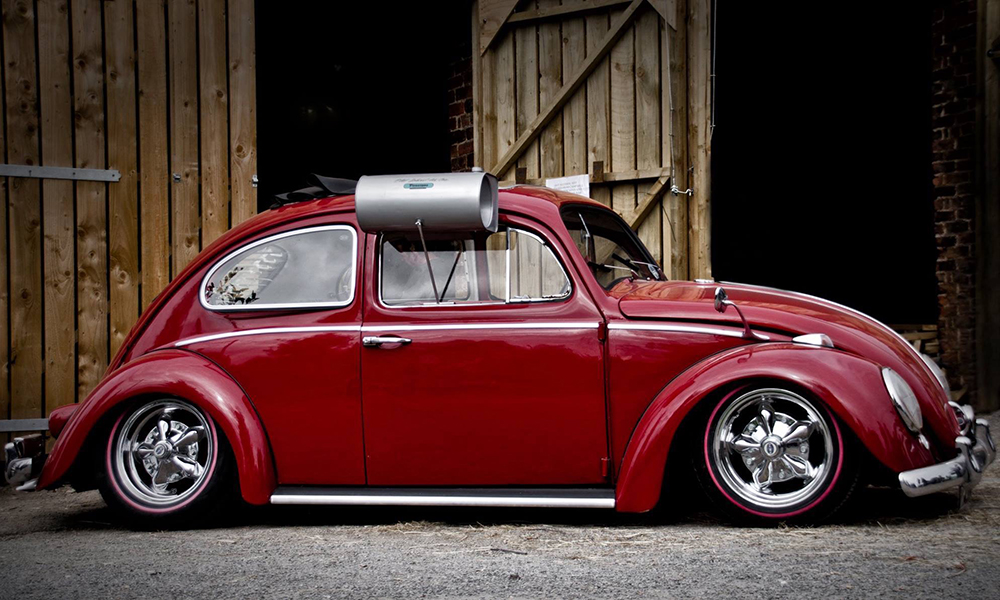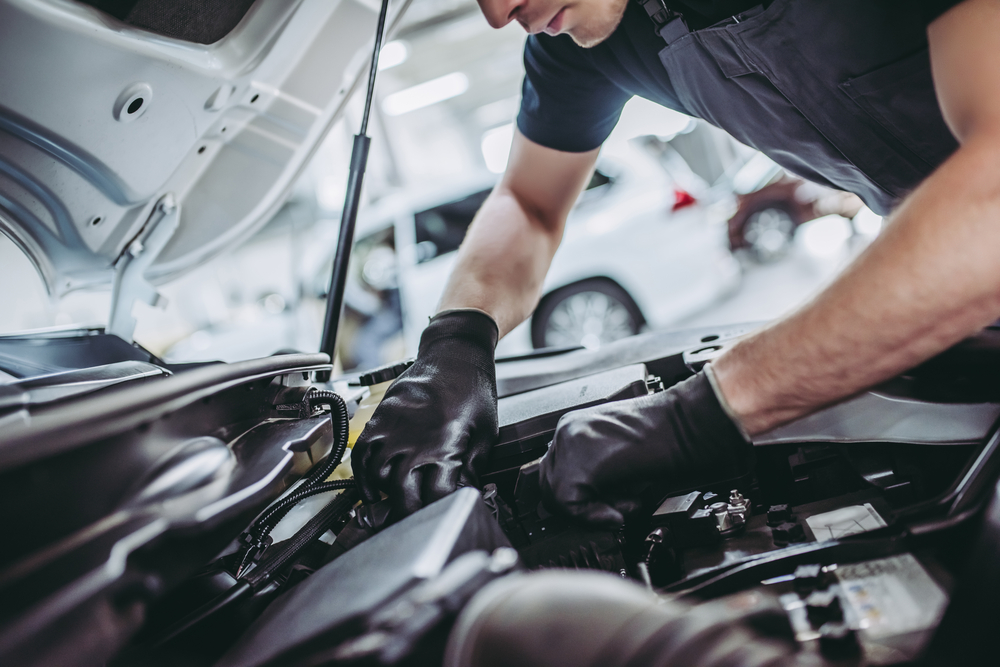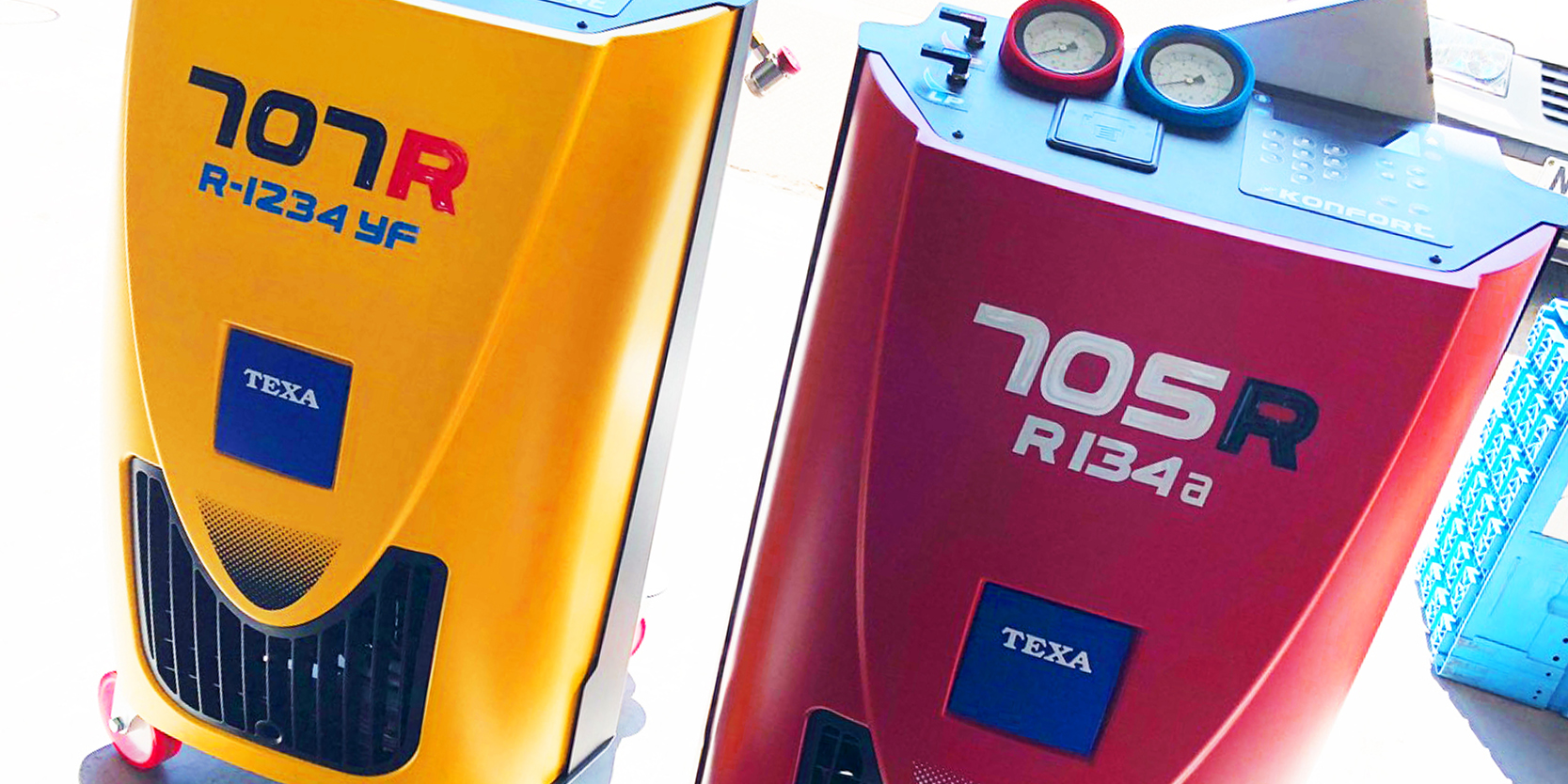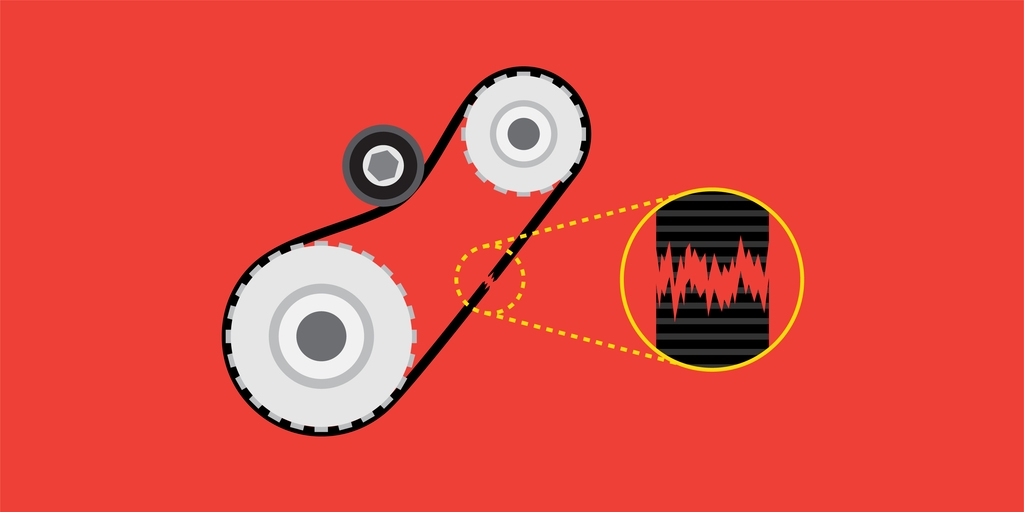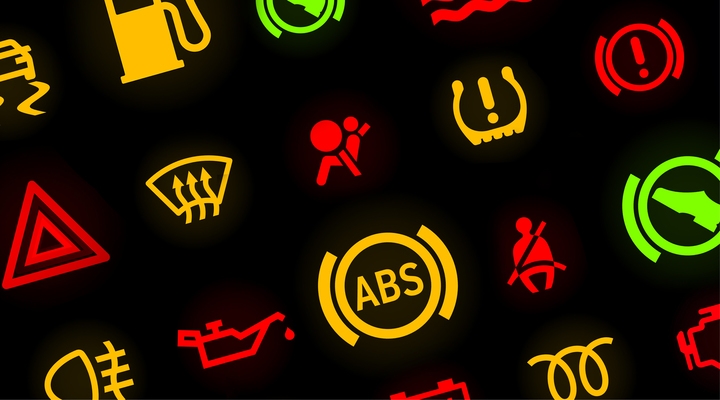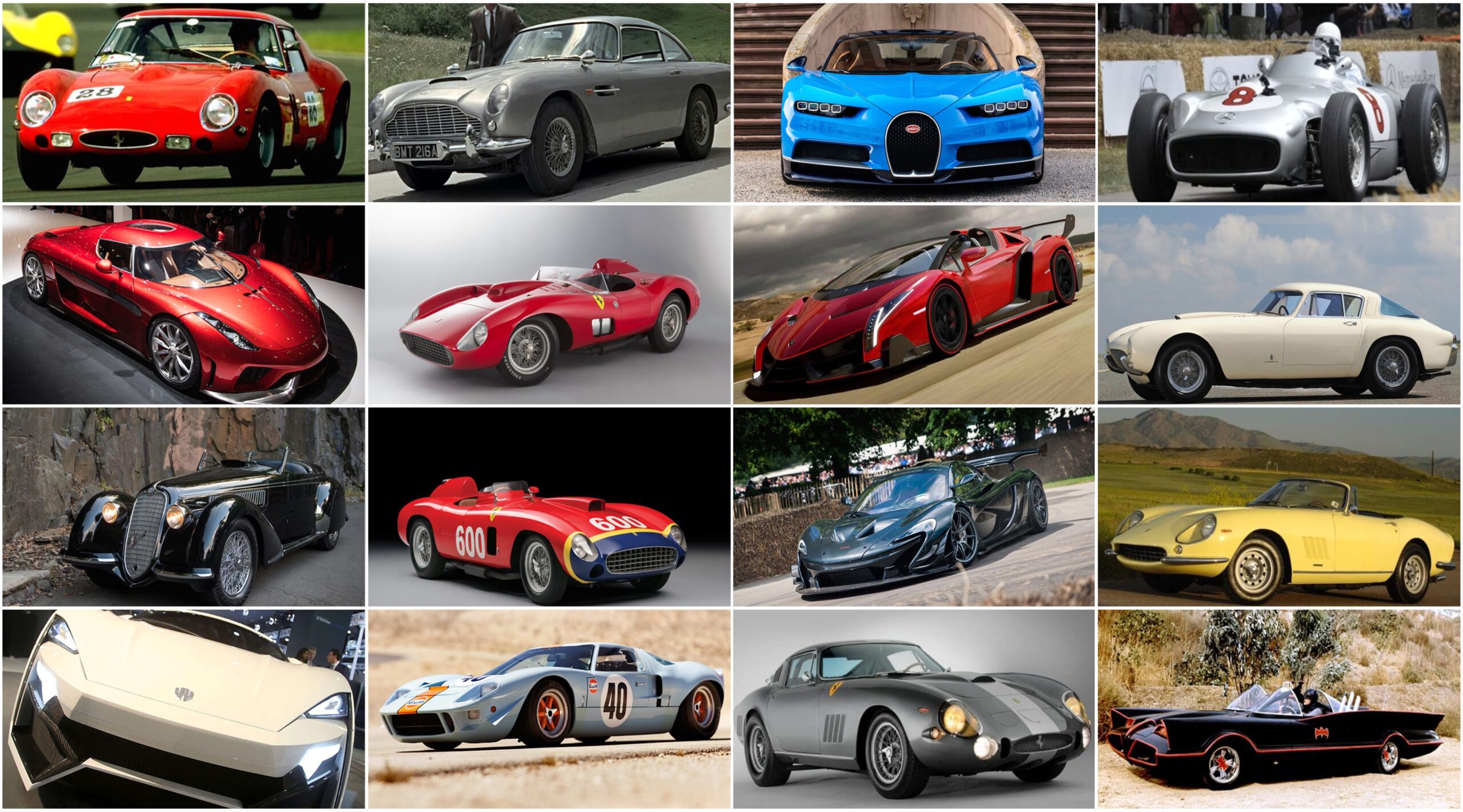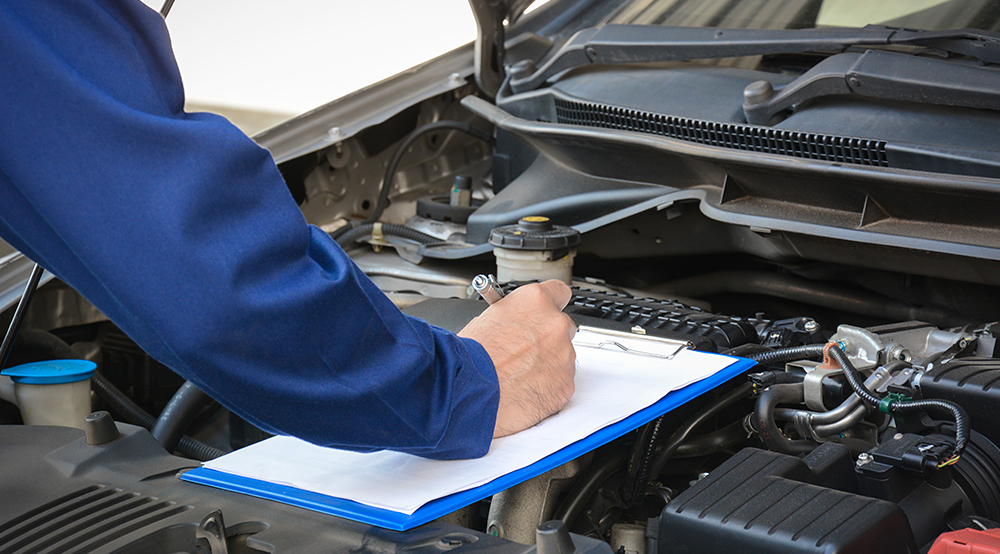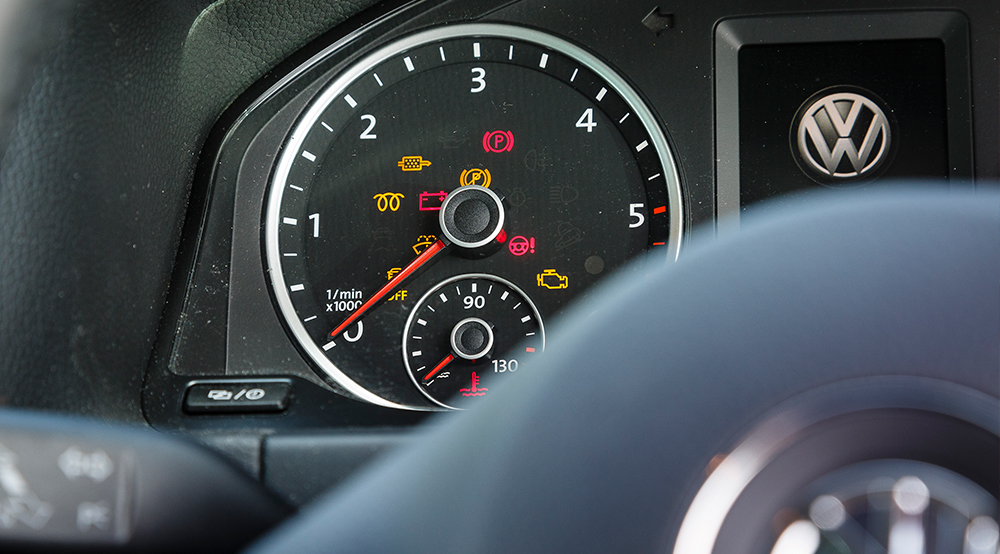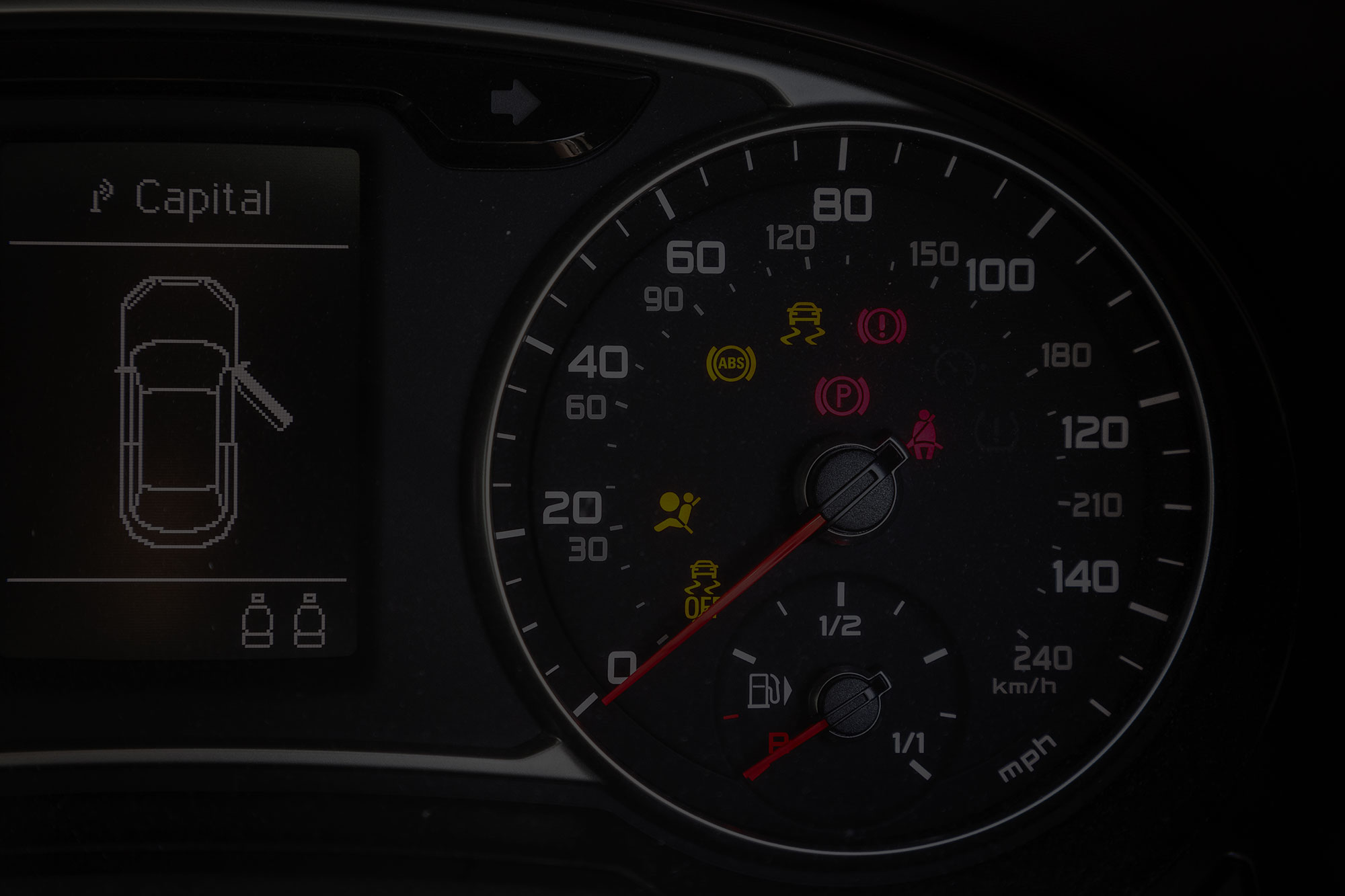The meteoric rise of Volkswagen's EV's and the future of their petrol cars
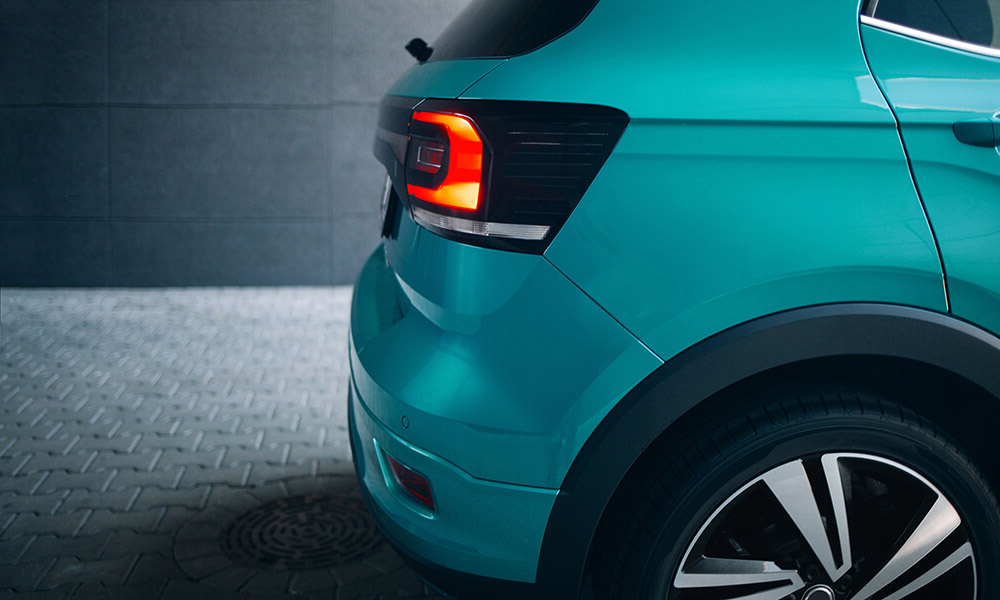
There’s no getting away from the shift towards electric vehicles. We’ve previously discussed the UK’s recent legislation that aims to ban the sale of new ICE vehicles, so it should come as no surprise that car manufacturers are responding to the shift and reshaping the output of their brands.
Volkswagen has certainly stepped up the mark when it comes to producing electric vehicles, going so far as to lay plans to electrify their lineup and turn all their cars into EV’s. With their eyes set on doing away with internal combustion engines and the UK’s approach to fossil-fueled vehicles, it won’t be long until the only new Volkswagen vehicles are powered by batteries.
Changing all your vehicles to EV’s isn’t an easy process and not always a smart one, especially when specific markets lack the electric infrastructure and demand for ICE is still massive. However, by their own prediction, their current HQ will be an EV empire where very few fossil-fuel cars will be made by mid-century.
The change is already underway, and customers are responding positively. Still, the most curious aspects of Volkswagen’s EV revolution are what’s happening under the bonnet and the mechanical reshapings.
The rise of Volkswagen’s electric vehicles
It’s not just in the UK that the popularity of Volkswagen’s electric vehicles has skyrocketed. Across Europe, the sales of electrified models have overtaken diesel for the first time, with Volkswagen as one of the driving forces behind this change. In Norway in 2021, records were broken when fully-electric cars made up more than 50% of new car sales and are on track to phase out non-electric vehicles three years ahead of initial predictions.
With Volkswagen projecting that one in every two cars sold in 2030 will be electric, they’re shifting increasingly faster towards being a company that focuses on selling electric cars over vehicles with engines powered by internal combustion. In 2021, the delivery of battery-electric vehicles doubled compared to the year before. While they only comprised 5.1% of total sales, VW expects the upward trend to continue and foresees their sources of income shifting away from conventional engines and towards software and mobility services, with autonomous driving technology firmly in their sights. Volkswagen is putting their money where their mouth is regarding future plans, allocating an increase of roughly 50% to capital expenditure and development costs for e-mobility.
Volkswagen is also teaming up with fellow German brand Bosch as part of a joint venture to expand the production of lithium-ion batteries for electric vehicles. Working together to supply integrated battery production systems, they’re also drawing up plans for maintenance support for battery cells and system manufacturers.
Same power source, different VW EV
As anyone at Vasstech will tell you, the Volkswagen Group encompasses more than just the VW vehicles. As a large conglomerate, they’re home to a handful of well-known car brands. Skoda, SEAT and Volkswagen make up what they call the volume brands – brands that offer affordable cars and are therefore more likely to be seen on the road.
Aside from this, they also have their premium brands, Audi, Bentley, and Lamborghini, which are instantly recognisable and known for their luxury and powerful engines. Lamborghini straddles the line with what Volkswagen would define as their sports models, vehicles built for speed and power, a category Porsche falls into.
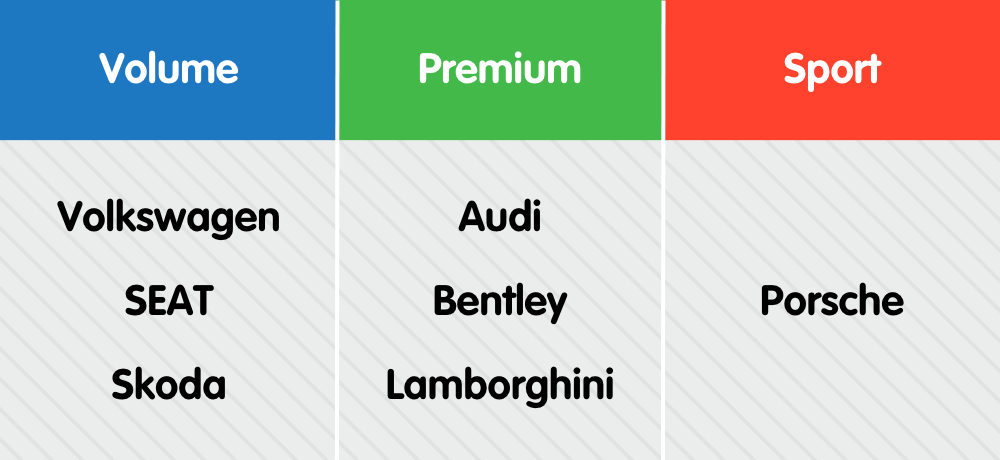
Despite this distinct division between the brands Volkswagen nurtures and the independence they’re afforded as separate manufacturers when it comes to electric vehicles, the line begins to blur. While the makes and models will remain distinct and the performance of the vehicles will reflect this, what sits beneath the bonnet will be relatively similar.
For example, Volkswagen’s electric vehicles will have different sized batteries, but when it boils down to the essential function of the batteries, or the components inside the battery, the similarity between a sports brand and volume brand will be far higher than what you’d find in a comparable pairing today. Even between competitors, electric cars contain similar parts performing similar roles.
In the words of Volkswagen’s CEO, Herbert Diess, “we [at Volkswagen] think hardware differentiation will probably be decreased in the future.”
A change of direction for VW’s electric vehicles
The same principle applies to the software used in Volkswagen’s vehicles also. Assessing the use of software in today’s vehicles, not to mention the role it’ll play in the future of Volkswagen’s electric vehicles, most cars use bespoke software for every function, from navigation to electric window control. But with a similar consolidation across all manufacturers, Audi can remain Audi, and SEAT can remain SEAT, but both the hardware and software will look considerably similar behind the scenes.
While running the risk of being reductive, it’s fair to say the future of Volkswagen and continuing to produce vehicles will involve three major branches. Functioning as a hardware, software and services company, Volkswagen’s reputation for high-quality vehicles will remain the same, but not as we may recognise it today.
Naturally, the role of hardware will still be as integral as it is today. Volkswagen has built a reputation on the back of its manufacturing prowess and the quality of its finishes. Software will be essential for the future of vehicles and communicating with customers day in day out. Service will also play an essential role for the company, one that depends on the future of car ownership, something Volkswagen believes may look very different in the future.
With the future of vehicles looking increasingly electric, Volkswagen is pushing hard to transition as fast as possible, with the ultimate goal to stop selling ICE cars by 2035. With an increasingly electric audience, VW is clearly working hard to be at the forefront of the electric revolution. If you’re interested in purchasing an EV and have any questions, you can contact us here.


